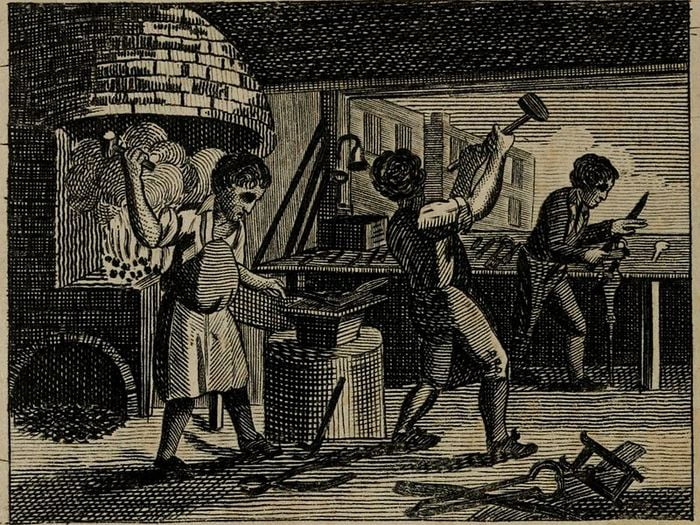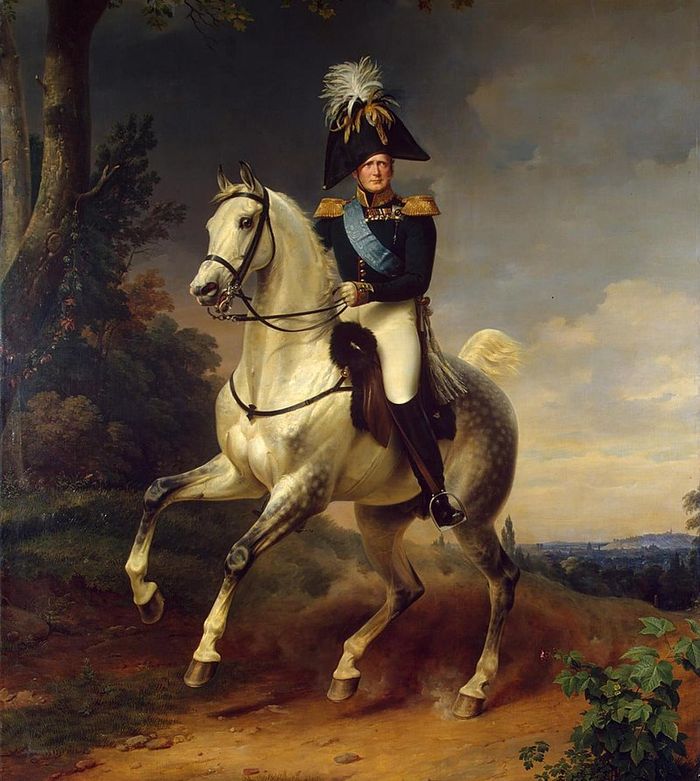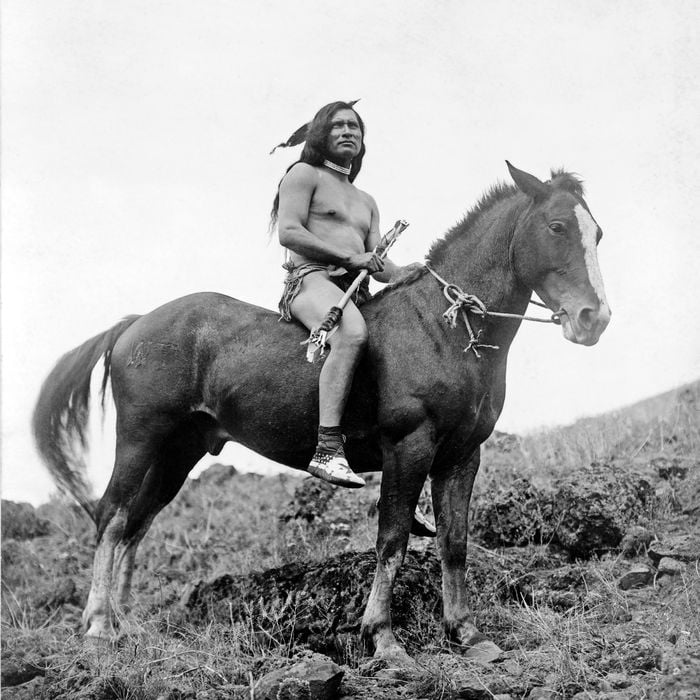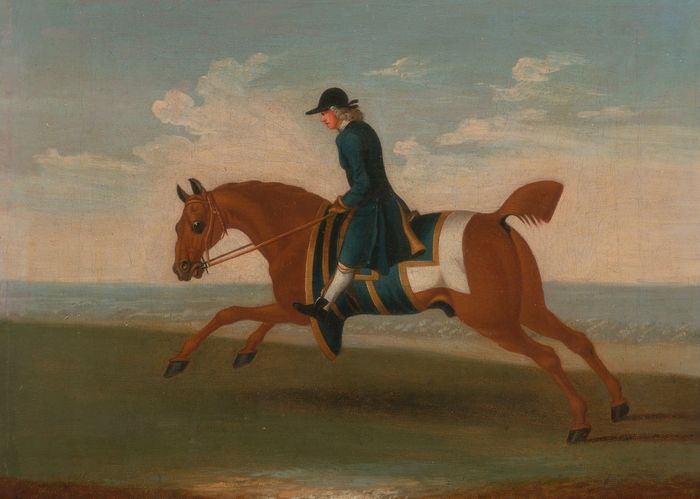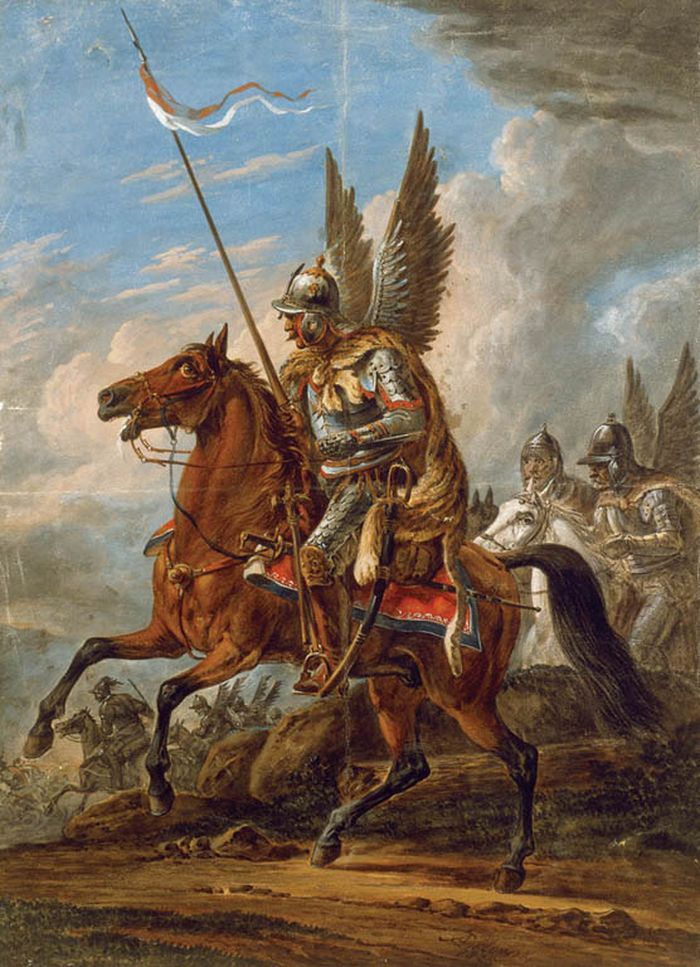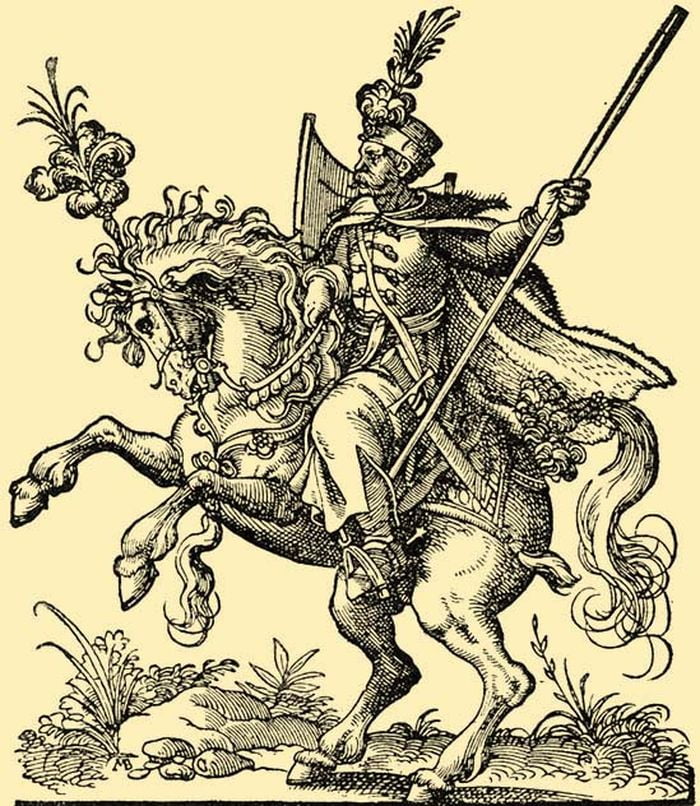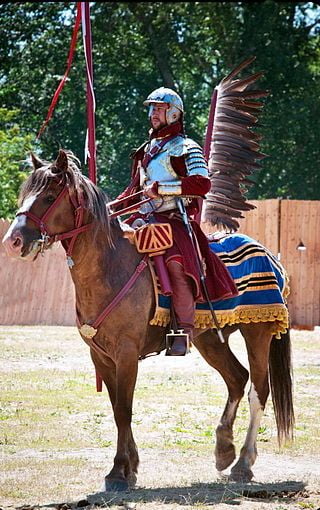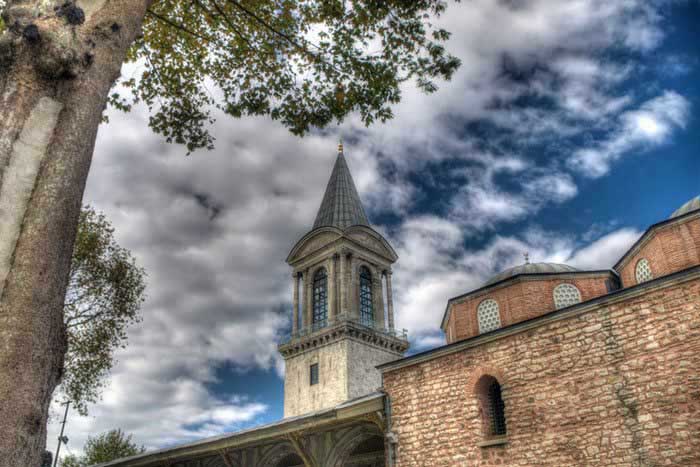The Divided Horsecloth – France
There are probably more short stories, as there is assuredly a longer and more continuous development of the form, in the French than in any other literature of the world. In the earliest efforts of native writers, long before the close of the Middle Ages, are to be found the seeds of those lively and often beautiful forms that flourished from the Twelfth to the Sixteenth Centuries—Fabliaux, Lays, devotional and miraculous tales.
From the epic Chansons de geste, beginning with the Song of Roland, throughout the whole period in which these remarkable poems thrived, the trouv’eres and troubadours incorporated independent and unified anecdotes and episodes into their long romances of chivalry and gallantry. These were in effect romantic and religious stories, treating of war and love and wonder and pious devotion.
But the earliest examples of independent tales are found in the Fabliaux. Although these were written in verse, they were the delight of the middle and lower classes: the verse was scarcely poetry, it was only a medium for the telling of the story. Of the hundred and fifty examples that survive out of the many thousands written, the first Fabliau dates from 1159, and the last from 1340.
Divided Horsecloth
Most of them were anonymous, but among the few names of writers that have come down to us is that of Bernier, which is still remembered, because he wrote the exquisite Divided Horsecloth. The famous poet Ruteboeuf also wrote Fabliaux, but he is better known for his other productions.
The Divided Horsecloth – For several reasons—still a matter of dispute among literary historians—the Fabliau suddenly disappeared about the middle of the Fourteenth Century. The other more or less’ similar forms—like the Lay, the Miracle and the Devotional Tale—still continued sporadically up to the end of the Middle Ages.

